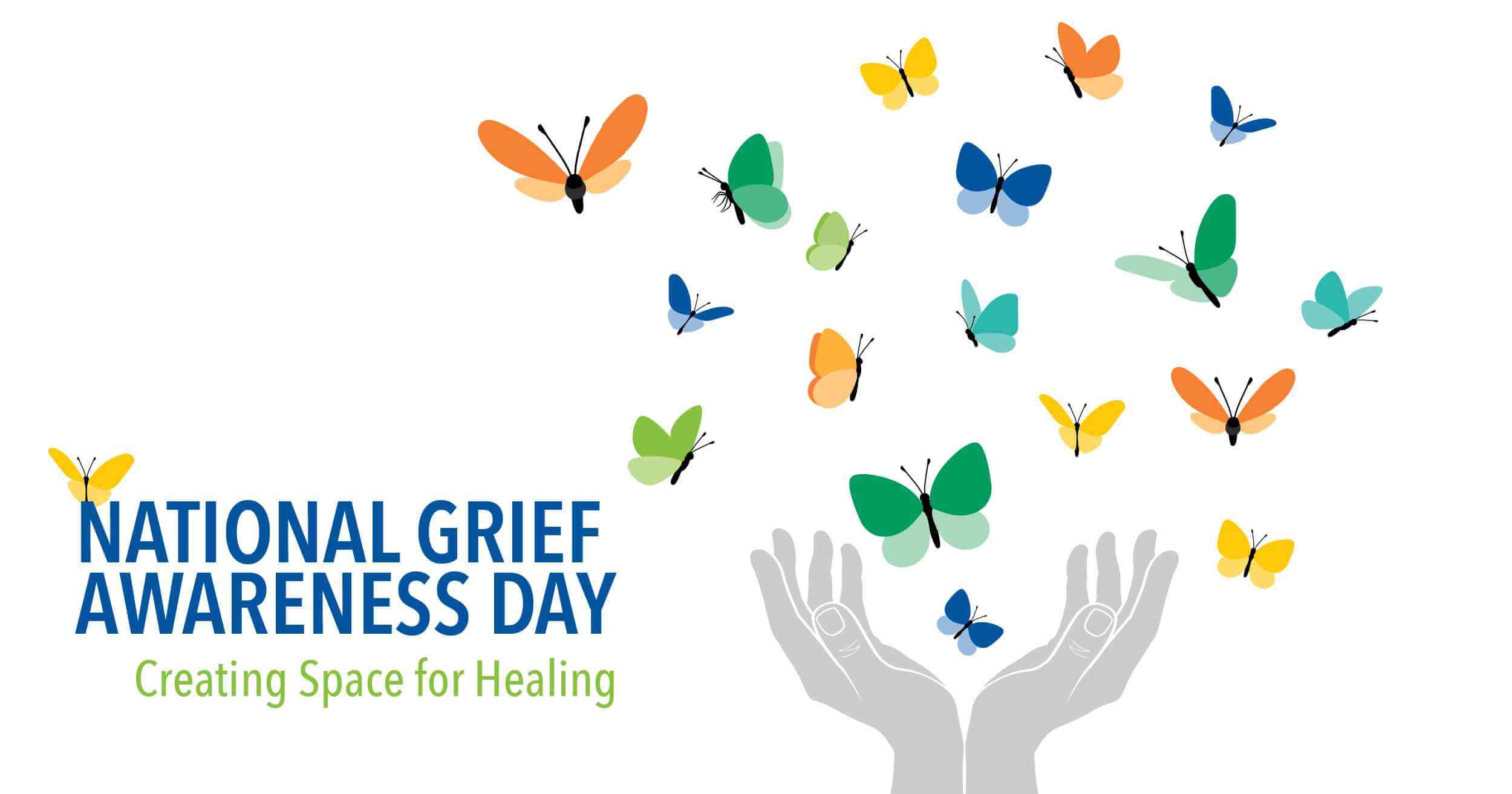Grief is an experience we all will face in life. Grief isn’t just about death. It’s the process of working through the pain of separation and loss of something/someone important. As painful as grief is, it is a natural response and needs to be a part of the healing process. How a person grieves is dependent on their personality, coping skills, life experience, faith, the nature of the loss, and the time since the loss.
Most likely you’ve heard of the stages of grief- shock and denial, bargaining, acting out/anger, depression, and coping/understanding. However, these stages are not linear. A person can experience them in any order and more than once. It is a deeply personal and highly individual experience full of ups and downs, highs and lows.
Symptoms of grief can be shock, disbelief, sadness, guilt, anger, fear, or even physical symptoms such as fatigue, nausea, lowered immunity, weight loss or gain, aches and pains, and insomnia.
Factors that Influence Grief
Nature of the loss
Age at the time of loss
Degree of attachment to the persons from whom the child is being separated
Ability to understand why there was a separation
The amount of emotional strength that the child had before the loss
Circumstances causing the loss
Number of previous separations
Help provided prior to, during, and after the separation
Remember that just because someone doesn’t appear sad, doesn’t mean that they aren’t grieving. Everyone grieves in their own way.
In children, grief can look a lot different than it does in adults. Children grieve depending on age and level of development. The younger the child, the shorter the periods of grief may be. This is typically due to their understanding of the loss and their lack of object permanence. Loss to young children is temporary. They may not understand that it could be a permanent change. The older children become, the more they process and understand the loss. Children often experience developmental grieving which means they may re-experience grief as they age and begin to understand more about the loss. Children’s comprehension changes over time.
Grief can also be triggered by memories of past events, often unconsciously. For children and youth in foster care, grief may pop up throughout the year.
With time and effort, it can get easier (with your help). As time goes on, the lows are less intense and last for a shorter amount of time.
anniversaries of death or a significant event
body memory (sight, smell, sound, etc)
transition to new foster placement
transitions from foster to adoptive family
it may be the first time away from home during a significant event
inability to sleep, loss of appetite, prolonged fear of being alone
acting much younger for an extended period
excessively imitating the dead person
believing they are talking to or seeing the deceased family member for an extended period of time
repeated statements of wanting to join the dead person
withdrawal from friends
sharp drop in school performance or refusal to attend school
recognize and identify that they are feeling grief
listen
express empathy for their loss
utilize therapy
maintain family connections when possible
provide structure and set a schedule
use positive reinforcement
do not tell them how they should feel
plan ahead for grief triggers (anniversaries, holidays, birthdays, etc.)
Resources:
A Land Called Grief by: Patrice Karst
The Memory Box: A Book about Grief by Joanna Rowland
I Miss You: A first Look at Death by Pat Thomas
Why Do I Feels So Sad? by Tracy Lambert-Prater
How I Feel: Grief Journal for Kids by Mia Roldan
References:
https://www.aacap.org/AACAP/Families_and_Youth/Facts_for_Families/FFF-Guide/Children-And-Grief-008.aspx
Written by: Staci B.




